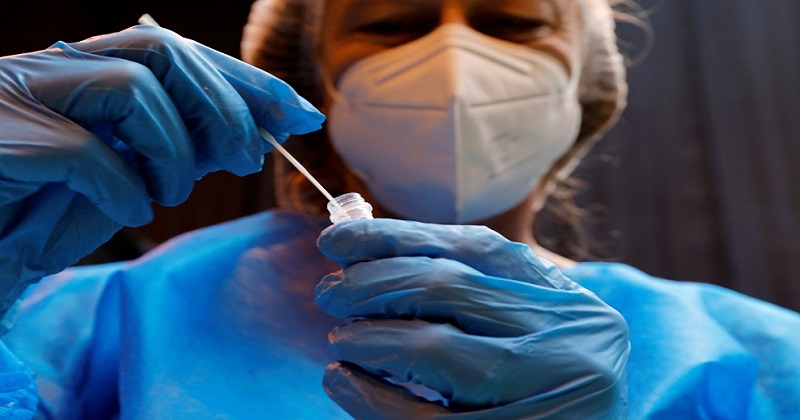
Science has rewritten its expectations for the COVID-19 pandemic next year as the Omicron variant gains momentum in Europe and the United States. Recently, experts predicted that countries would start recovering from the pandemic in 2022, following a series of surges caused by the Alpha, Beta, Gamma, and Delta variants. The first would be populations exposed to Coronavirus through infections and vaccinations.
COVID was expected to become an endemic disease in those regions, with occasional or seasonal outbreaks that were less severe. In the year ahead, vaccines, previously available only in wealthy nations, may reach the majority of the world’s population. Reuters reports that the rapid spread of the highly mutated Omicron strain, identified in November, and its apparent ability to spread at a higher rate than its predecessors is undermining that hope. Countries have already resumed measures used during the pandemic: restricting travel, reinstating mask requirements, advising against large gatherings for the winter holidays. To get past the worst of the pandemic, experts told Reuters, many more people will need to be vaccinated or exposed to COVID.

It is likely that COVID will continue to cause outbreaks and seasonal surges even after it becomes more endemic. Reuters quoted Dr. Amesh Adalja, an infectious disease expert at the Johns Hopkins Center for Health Security, as saying, ‘There will always be a baseline number of COVID cases, hospitalizations, and deaths. It is expected that the virus will eventually diminish and no longer be a disruptive force. However, the virus is still a threat even if you live with COVID-19’.
END OF PANDEMIC PHASE IN 2022?
Some scientists are still hopeful that some parts of the world will emerge from the pandemic next year. Globally, the WHO estimates that more than 270 million people have been infected with COVID, and 57% have received at least one dose of vaccine, which represents potential protection that was not available two years ago. To date, most studies investigating the effectiveness of Omicron vaccines have focused on neutralizing antibodies, which latch on to the virus and prevent it from infecting cells.
A booster dose may be able to restore protection from Omicron, according to blood tests from fully vaccinated individuals. The immune system’s T cells, which destroy infected cells, also appear to recognize the variant. Experts believe this second line of defense will prevent hospitalizations and deaths. In the meantime, COVID will likely force people to assess local risks and to protect themselves through vaccinations, masks, and social isolation in 2022.

Post Your Comments